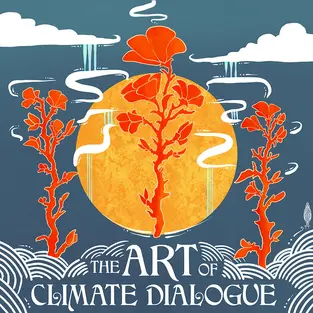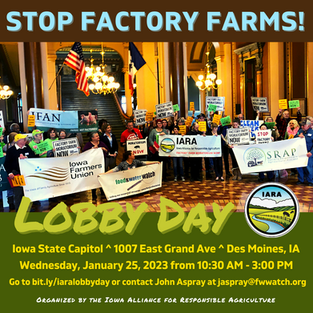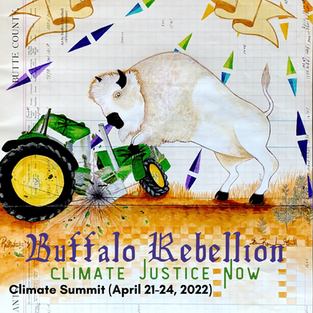
End Colonial-Capitalist Farming Practices
.png)
From May 11-14, in the Quad Cities of IA and IL, we hosted the first BIPOC centered Mississippi River Summit. We are brought 40 leaders and specialists from the Headwaters of the Mississippi to the Gulf of Mexico to talk and network about their respective fights to keep the water safe and healthy. The ultimate goal is to build a powerful BIPOC coalition throughout the entire Mississippi River basin and gain Rights of Nature.

Iowa is a sacrifice zone for Big-Ag and because of that it is the most biologically colonized state in the country and the number one contributor to the dead zone in the Gulf of Mexico. So, Great Plains Action Society has been works to educate and organize via direct actions, art builds, youth leadership development, convenings, cultural events, articles, social media, etc., to shed light on the environmental and climate atrocities that Iowa and all that is downstream is facing due to Big-Ag. Recognizing the increased dispersal of Indigenous people from rural reservations to urban centers, we also cover food sovereignty issues that affect urban populations.
In all of our efforts, we highly prize the knowledge of our elders and the tenacity of our youth; this is a multi-generational effort to shift “Agri-business as usual” with Indigenous sovereignty and knowledge. By empowering disenfranchised Indigenous, Latinx, Black and LGBTQIA+ communities in Iowa, we encourage those who have had their histories rewritten, their ancestral landscapes reshaped and their traditional ecological knowledge ignored to reclaim their practices and contribute to fundamental societal change during this climate crisis that is fueled by environmental disasters caused by Big-Ag.
Iowa needs a more cohesive Indigenous stand against BIg-AG, CAFOs, and pipelines in this state. Indigenous people have been resisting this degradation to our land for a very long time but we need to start standing up for the land outside of "Indian country" and challenge the status quo in places where Indigenous voices are less acknowledged.
~ Sikowis Nobiss (Nêhiyaw/Saulteaux), Executive Director of GPAS ~
Some of our Movement Art

Art By Moselle Singh
Drawn From Water
.png)
Art By SunRose IronShell Sicangu and Oglala Lakota

Art By Sikowis Nobiss
Nehiyaw/Saulteaux
_edited.jpg)













